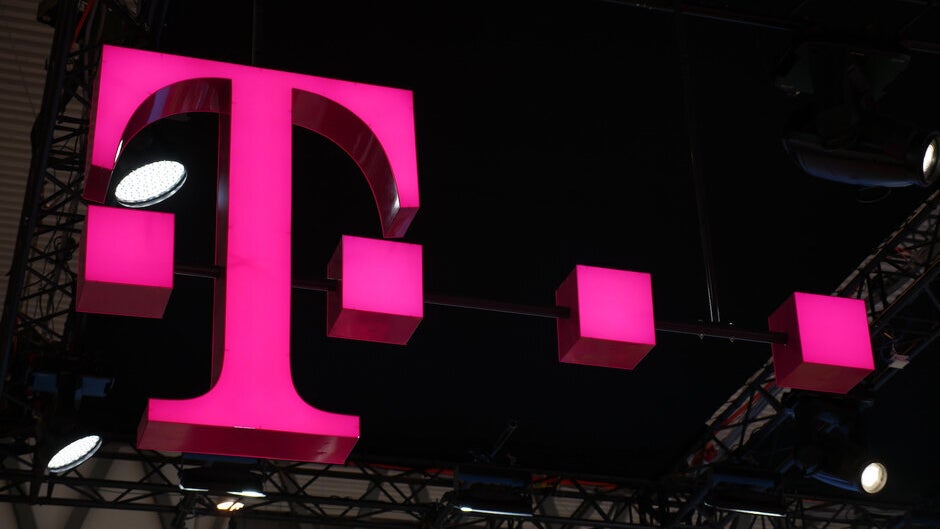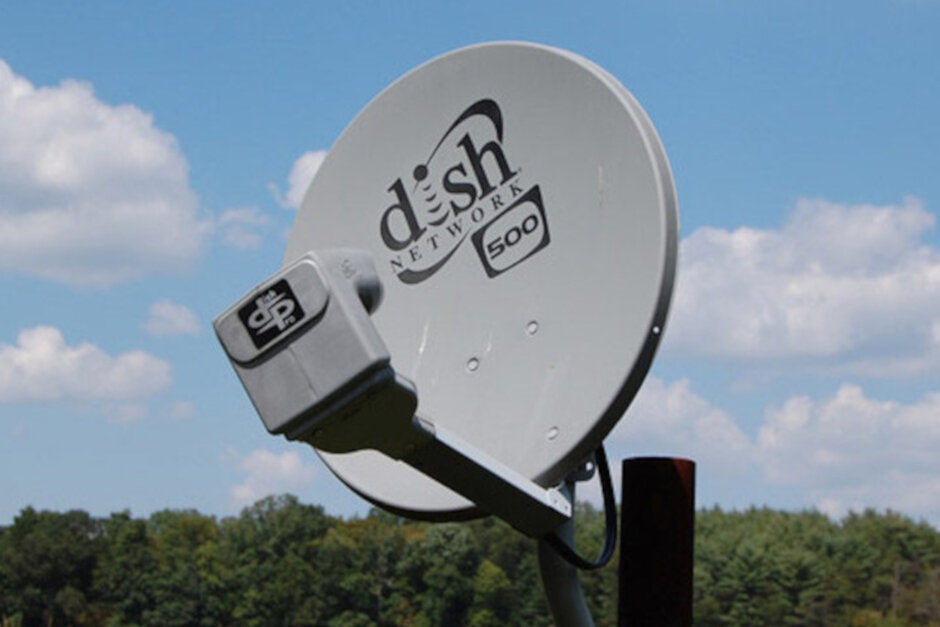T-Mobile to borrow 600MHz spectrum from Dish for its 5G network

Since T-Mobile has been heavily advertising its nationwide 5G network powered by its 600MHz low-band spectrum, you might be interested in how the carrier obtained these airwaves. After two years of bickering about the rules and discussing which carriers would be allowed to bid, the FCC held an auction in April 2017 and T-Mobile walked away with 45% or 31MHz of the 600MHz spectrum auctioned. It wasn't cheap (it cost T-Mobile $7.99 billion), but it certainly was worth it for CEO John Legere and crew.
While T-Mobile was the auction's big winner, Dish Network was the runner-up as it spent $6.2 billion to acquire a ton of 600MHz spectrum. On Friday, Dish announced that it was lending all of its 600MHz airwaves to T-Mobile at no cost. The satellite television provider's largesse will last for 60 days and is in response to the spread of COVID-19. Dish SVP of public policy and government affairs Jeff Blum said in a press release, "Dish is proud to support Americans' personal and professional connectivity needs during this challenging time. As we take this step, we'd like to thank the FCC for their leadership on the technological needs arising as a result of the virus, including the increased need for broadband access to help consumers respond to the impact of COVID-19 on daily life."
T-Mobile will use the extra 600MHz capacity to cover rising demand for wireless services because of the coronavirus
T-Mobile will use the borrowed airwaves to enhance its network as capacity spikes thanks to the coronavirus. As more Americans are encouraged to work from home, the need to have enough network capacity becomes an issue. Additionally, those quarantined for two-weeks are expected to turn to their tablets and phones to keep up with the latest news and for entertainment. One of the characteristics of 600MHz spectrum is a smaller capacity than mid and high-band spectrum. On the other hand, these airwaves do travel farther and penetrate structures better than mid and high-band signals.

Satellite television provider Dish Network is lending all of its 600MHz spectrum to T-Mobile for 60 days
Dish is playing a big part in the T-Mobile-Sprint merger as the deal it arranged with Sprint helped the Justice Department (DOJ) decide to greenlight the transaction. Once T-Mobile and Sprint close on their merger, Sprint will close on a separate deal with Dish. The latter will pay $5 billion to become the "fourth nationwide facilities-based network competitor" replacing Sprint. The DOJ, originally concerned that the reduction in major U.S. carriers by 25% would lead to higher prices, feels that Dish can be set up to eplace Sprint.
As part of the deal with Sprint, Dish will receive all of the carrier's prepaid businesses including Boost Mobile and 9.3 million customers. Dish will also take over 7,500 retail locations and 14MHz of Sprint's 800MHz spectrum. Once this is all completed, Dish will sign a seven-year MVNO deal with T-Mobile. This will allow Dish to sell wireless service under its own name while it builds a standalone 5G network. And building this network is going to take plenty of money which is why Dish is reportedly looking at some deep-pocketed partners including Apple, Google, and Amazon. Apple is reportedly working on a way to cut out the carriers and use satellites to beam the internet directly to iPhone users, so it could be considered the favorite to help Dish fund its 5G network.
According to the deal it made with the DOJ, Dish must have 70% of the U.S. covered by its 5G signals by June 14th, 2023. If it fails to do so, Dish will be forced to make a "voluntary contribution" to the U.S. Treasury in the amount of $2.2 billion. The DOJ felt it necessary to add this deadline as a way to hold Dish Network's feet to the fire so that the company doesn't back out of the transaction.
Follow us on Google News













Things that are NOT allowed:
To help keep our community safe and free from spam, we apply temporary limits to newly created accounts: